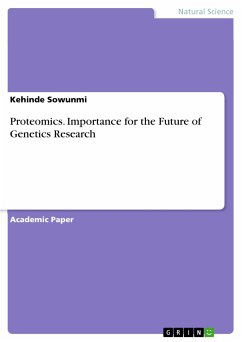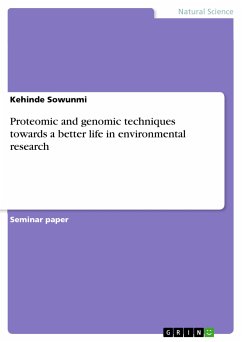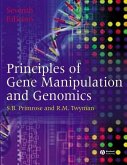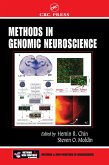Academic Paper from the year 2020 in the subject Biology - Genetics / Gene Technology, grade: 14.0, University of Lagos (University of Lagos), course: Cell Biology and Genetics, language: English, abstract: A huge number of genes within the human genome code are proteins that mediate and/or control genetics processes. Although a large body of information on the number of genes, on chromosomal localisation, gene structure and function has been gathered, we are far from understanding the orchestrated way of how they make metabolism. Nevertheless, based on the genetic information emerging on a daily basis, we are offered fantastic new tools that allow us new insights into the molecular basis of human metabolism under normal as well as pathophysiological conditions. Recent technological advancements have made it possible to analyse simultaneously large sets of mRNA and/or proteins expressed in a biological sample or to define genetic heterogeneity that may be important for the individual response of an organism to changes in its nutritional environment. Applications of the new techniques of genome and proteome analysis are central for the development of nutritional sciences in the next decade and its integration into the rapidly developing era of functional genomics. The proteome is the entire set of proteins that are produced or modified by an organism or system. This varies with time and distinct requirements, or stresses, that a cell or organism undergoes. Proteomics is an interdisciplinary domain that has benefitted greatly from the genetic information of the Human Genome Project; it also covers emerging scientific research and the exploration of proteomes from the overall level of intracellular protein composition, structure, and its own unique activity patterns. It is an important component of functional genomics. While proteomics generally refers to the large-scale experimental analysis of proteins, it is often specifically used for protein purification and mass spectrometry. After genomics and transcriptomics, proteomics is the next step in the study of biological systems. It is more complicated than genomics because an organism's genome is more or less constant, whereas the proteome differs from cell to cell and from time to time. Distinct genes are expressed in different cell types, which means that even the basic set of proteins that are produced in a cell needs to be identified.
Dieser Download kann aus rechtlichen Gründen nur mit Rechnungsadresse in A, B, BG, CY, CZ, D, DK, EW, E, FIN, F, GR, HR, H, IRL, I, LT, L, LR, M, NL, PL, P, R, S, SLO, SK ausgeliefert werden.









